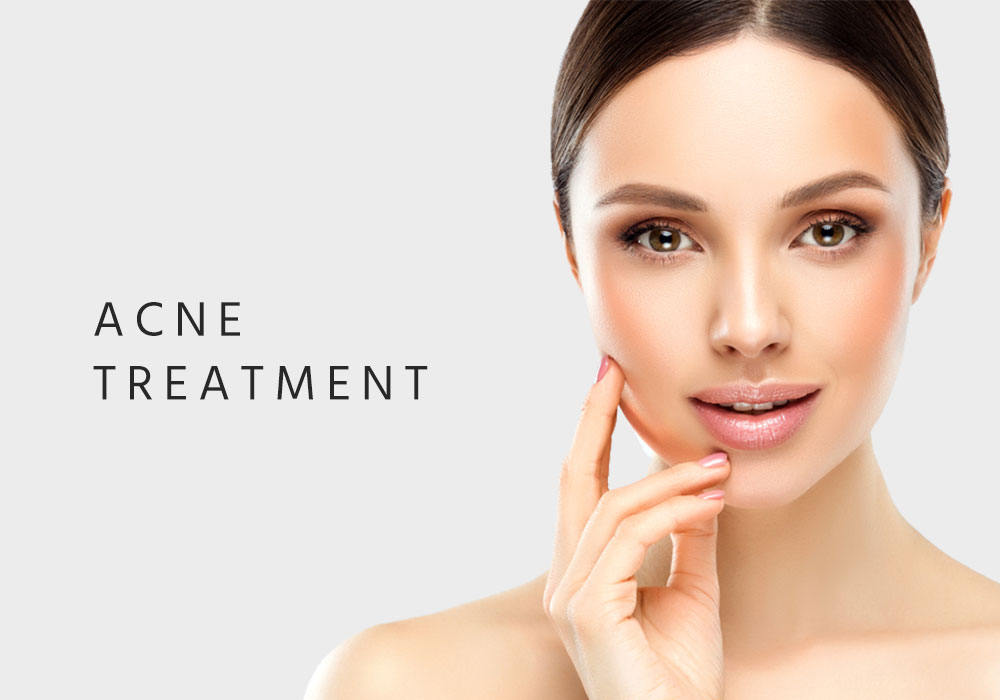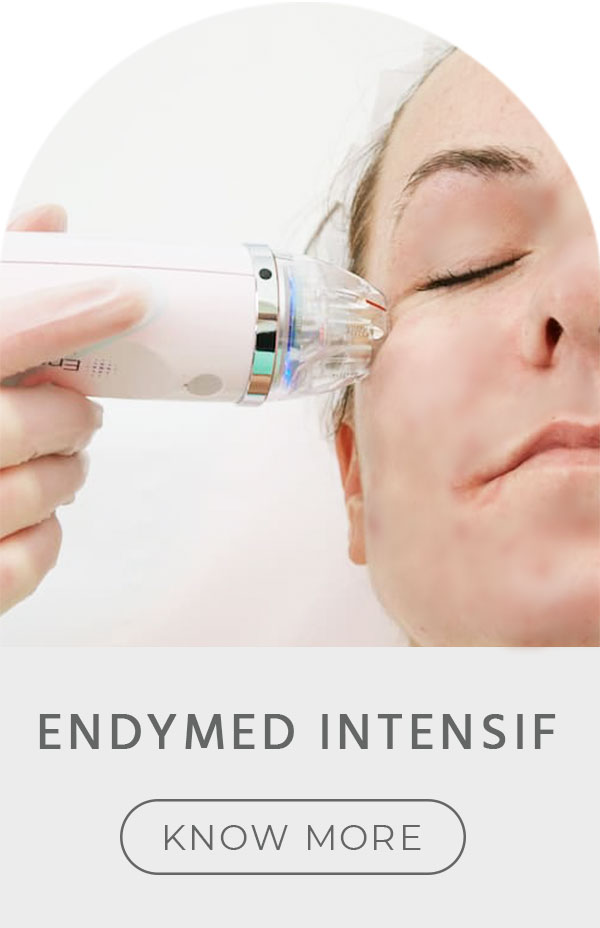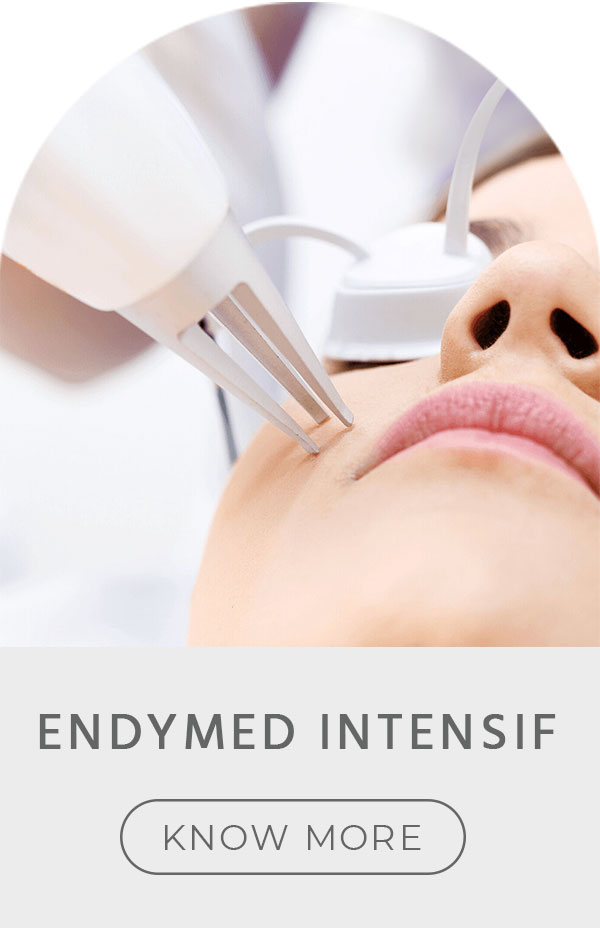

Acne Treatments
Acne treatment
Acne treatment involves various methods to manage and reduce acne, which is a common skin condition that occurs when hair follicles become clogged with oil and dead skin cells. The treatments can be classified into several categories:
1. Topical Acne Treatments
These are applied directly to the skin and include:
- Benzoyl Peroxide: Reduces bacteria and has anti-inflammatory properties.
- Salicylic Acid: Helps to exfoliate the skin and unclog pores.
- Retinoids: Derivatives of Vitamin A that help to unclog pores and reduce inflammation (e.g., tretinoin, adapalene).
- Antibiotics: Reduce bacteria and inflammation (e.g., clindamycin, erythromycin).
- Azelaic Acid: Reduces bacteria and has anti-inflammatory effects.
2. Oral Medications
These are prescribed by a doctor and taken by mouth:
- Antibiotics: Reduce bacteria and inflammation (e.g., tetracycline, doxycycline).
- Oral Contraceptives: Can help regulate hormones that cause acne in women.
- Anti-androgens: Reduce androgen hormones that increase oil production (e.g., spironolactone).
- Isotretinoin: A powerful retinoid for severe acne, reduces oil production, bacteria, and inflammation.
3. Procedures
Performed by a dermatologist or skincare professional:
- Chemical Peels: Use of strong acids to remove top layers of skin.
- Laser and Light Therapies: Reduce bacteria and shrink oil glands.
- Drainage and Extraction: Physically removing large cysts or nodules.
- Steroid Injections: Reduce inflammation in severe cases.
4. Lifestyle and Home Remedies
- Gentle Cleansing: Using mild cleansers and avoiding scrubbing.
- Non-comedogenic Products: Using skincare and makeup products that don’t clog pores.
- Diet: Reducing dairy and high-glycemic foods that may trigger acne.
5. Alternative Treatments
- Tea Tree Oil: Has antibacterial properties.
- Zinc Supplements: May reduce inflammation.
- Aloe Vera: Can soothe the skin and reduce inflammation.
Choosing the Right Treatment
The best treatment depends on the severity of the acne, skin type, and individual response to treatment. It's often helpful to consult a dermatologist to develop a personalized treatment plan.





